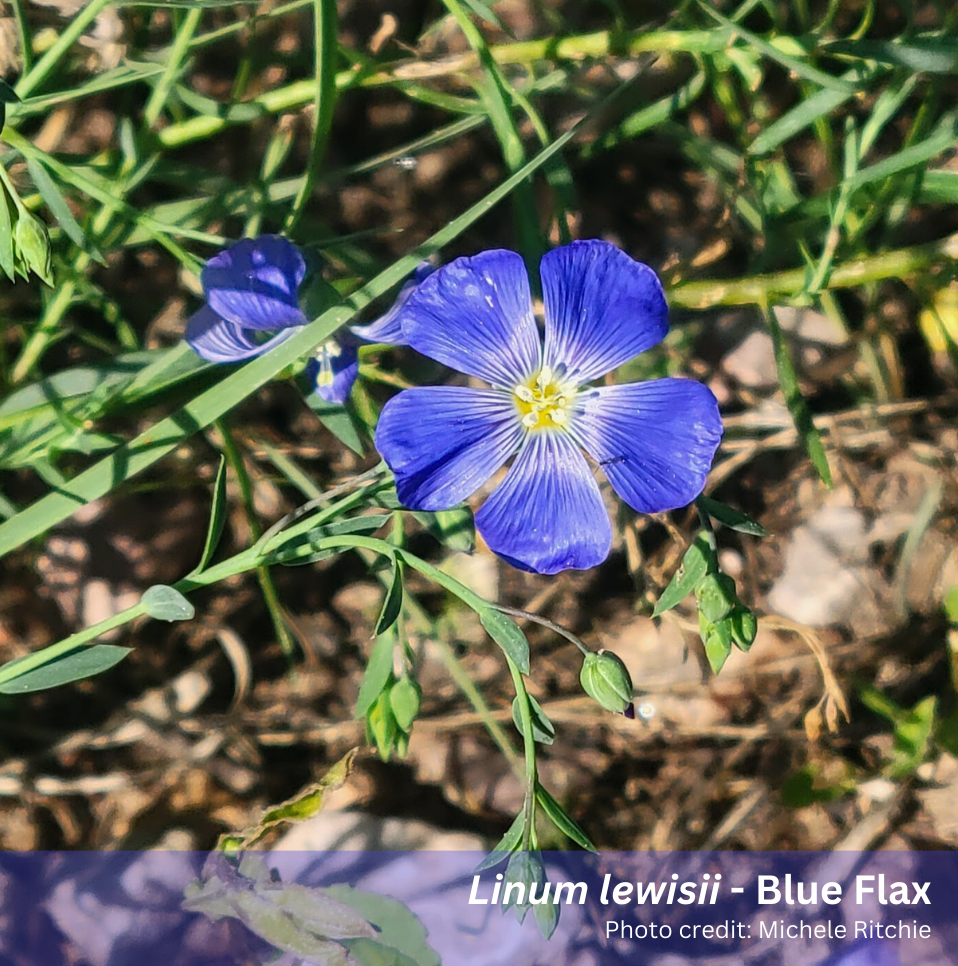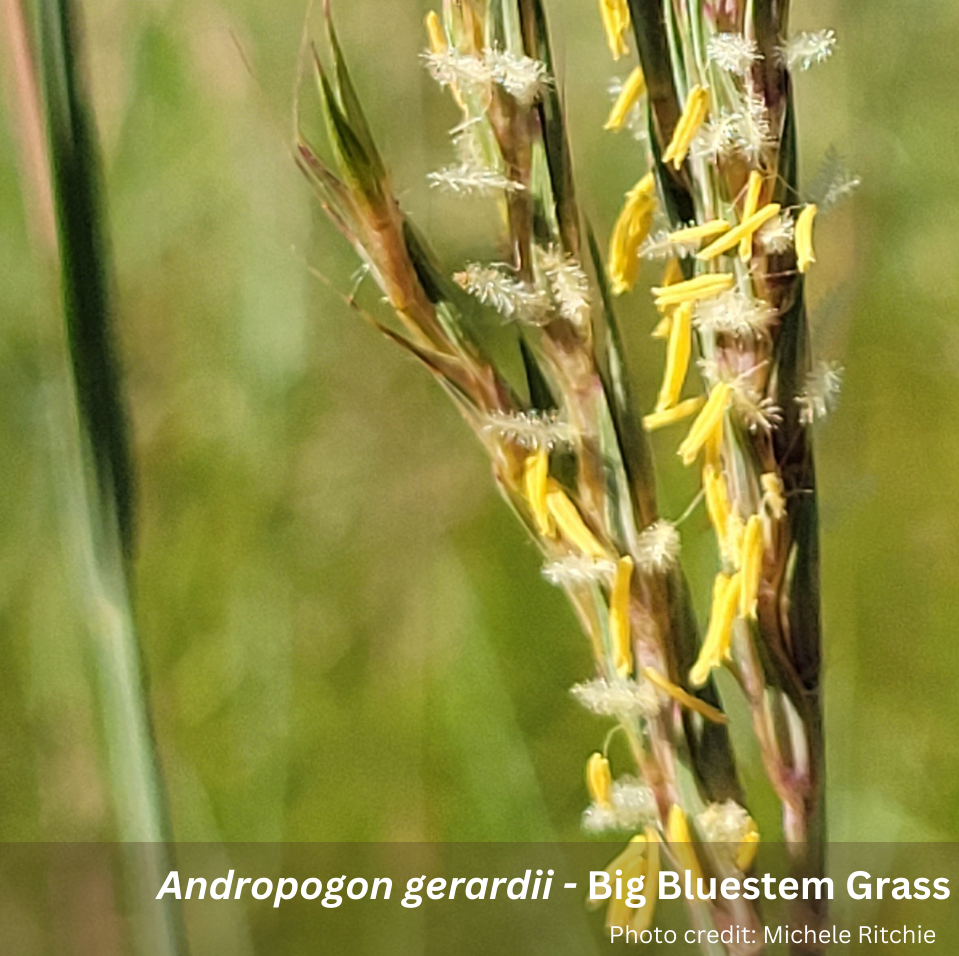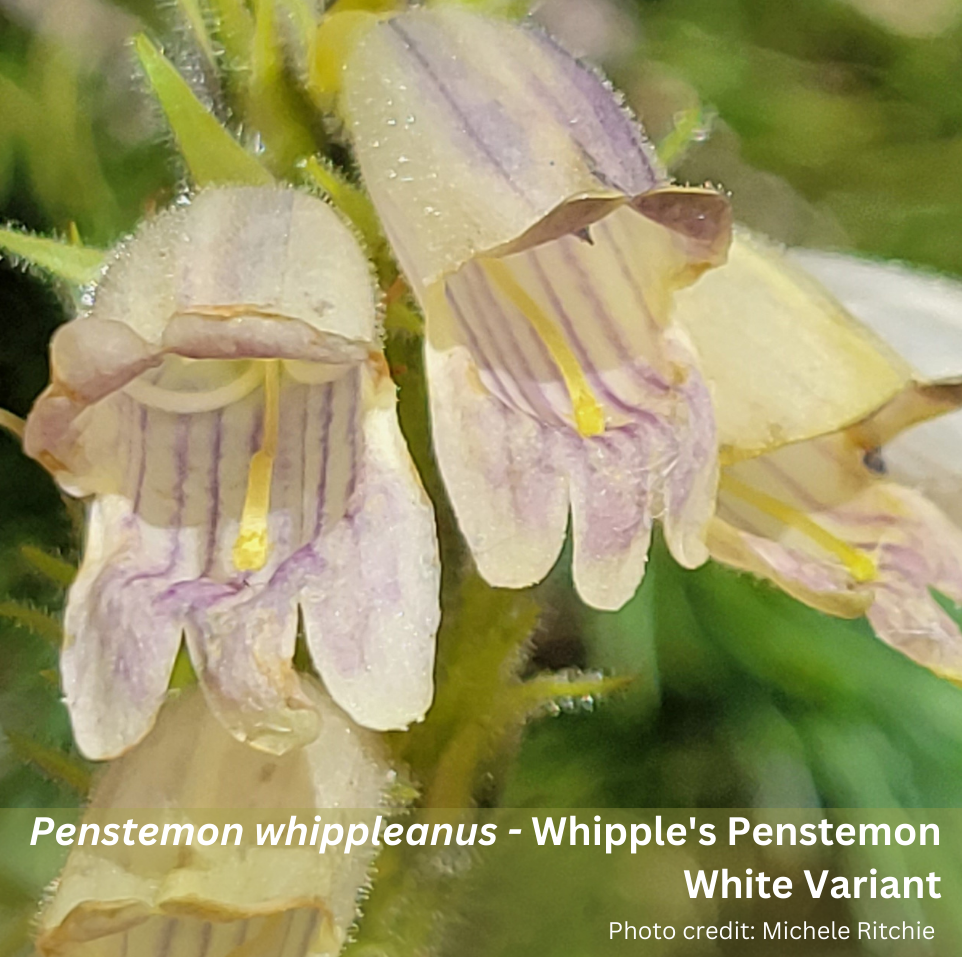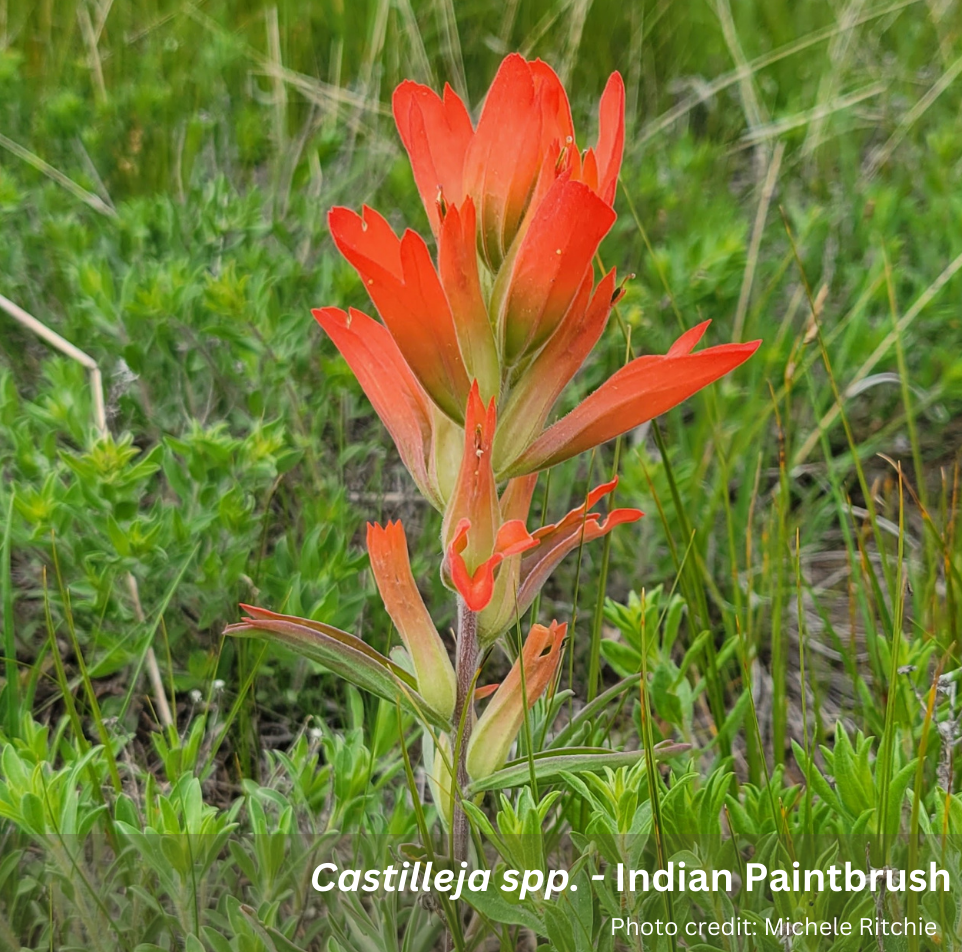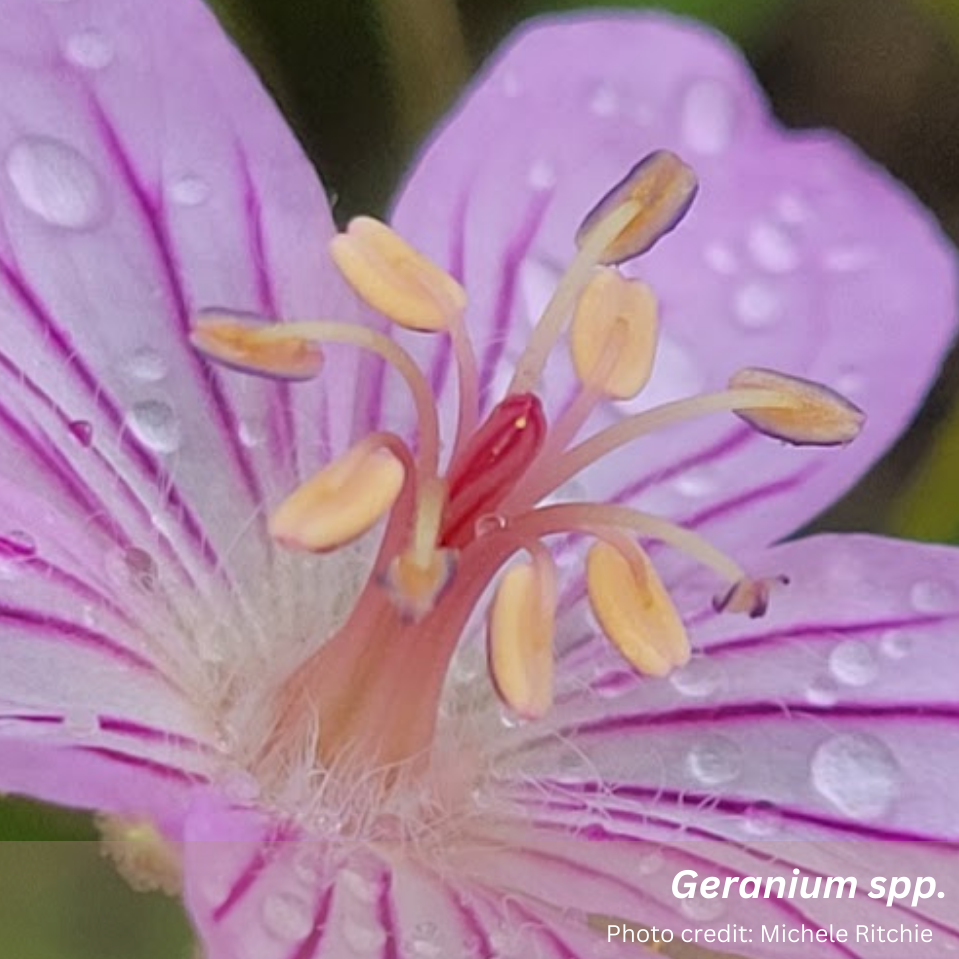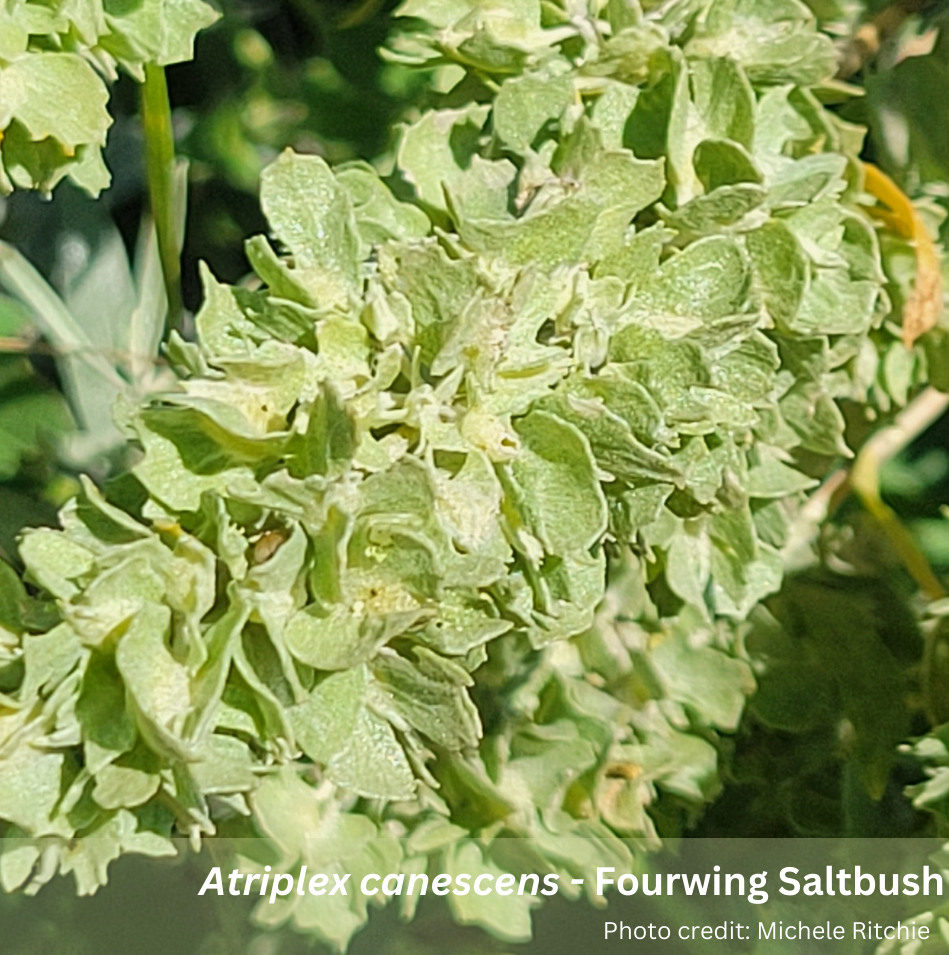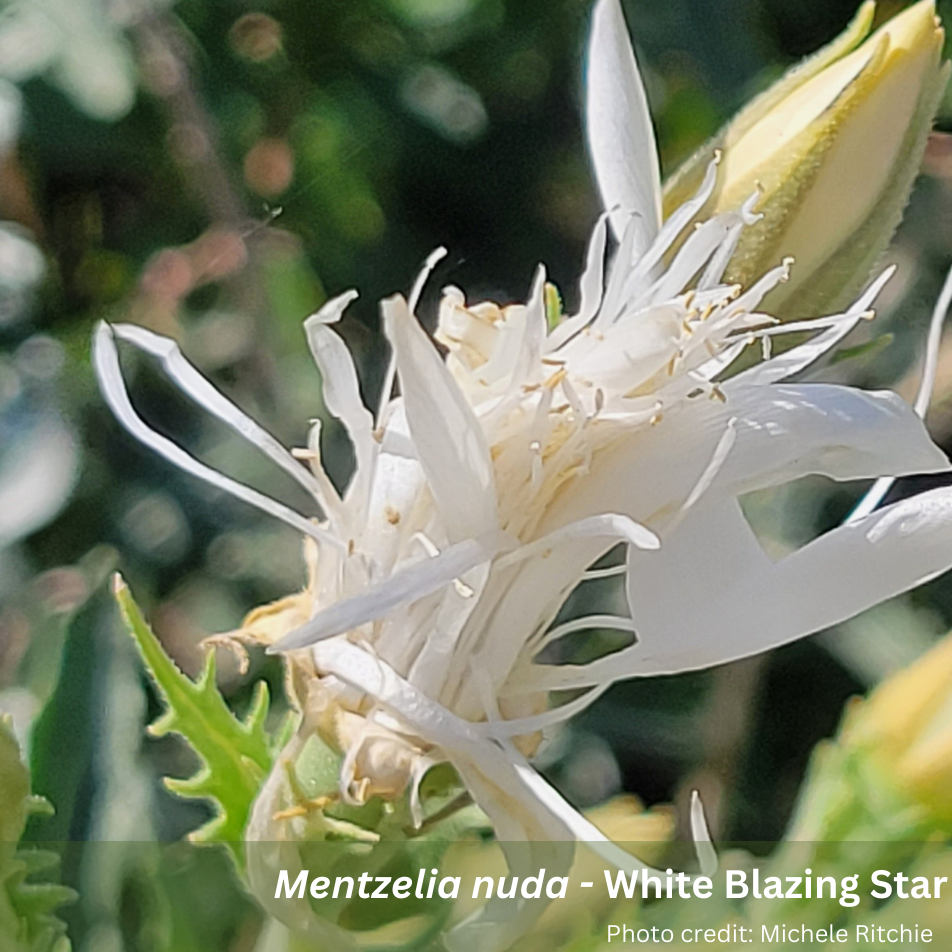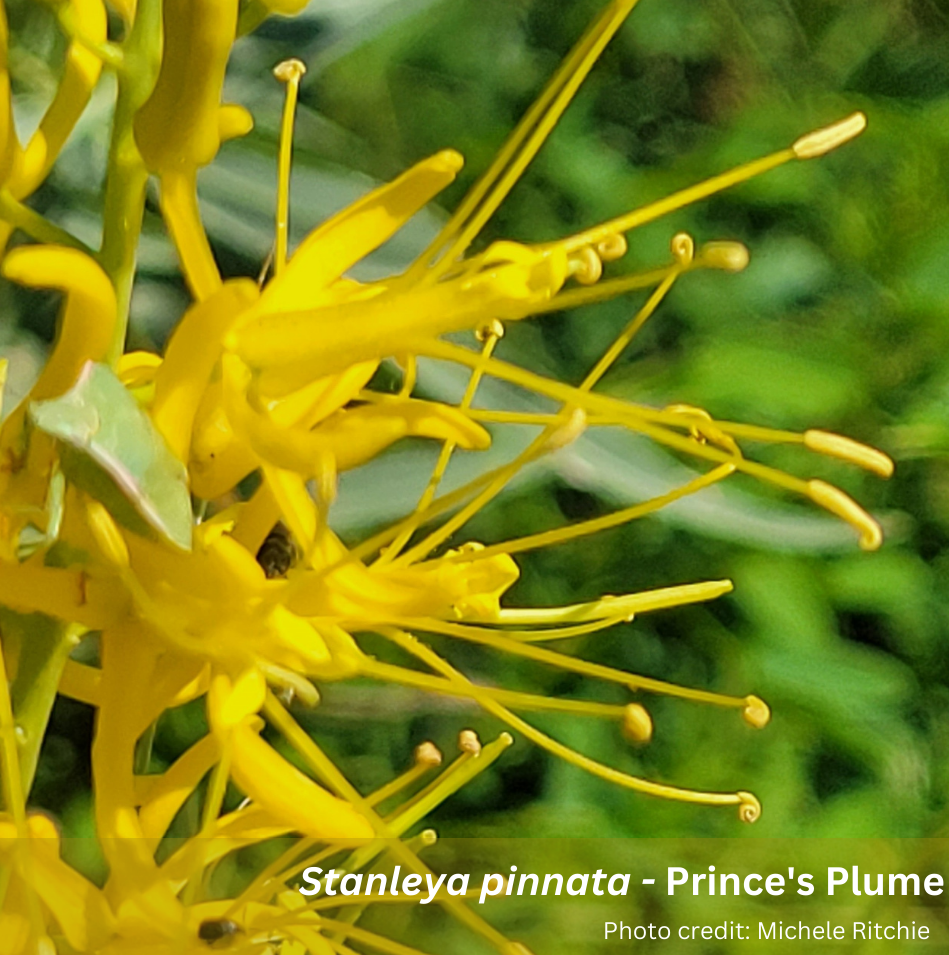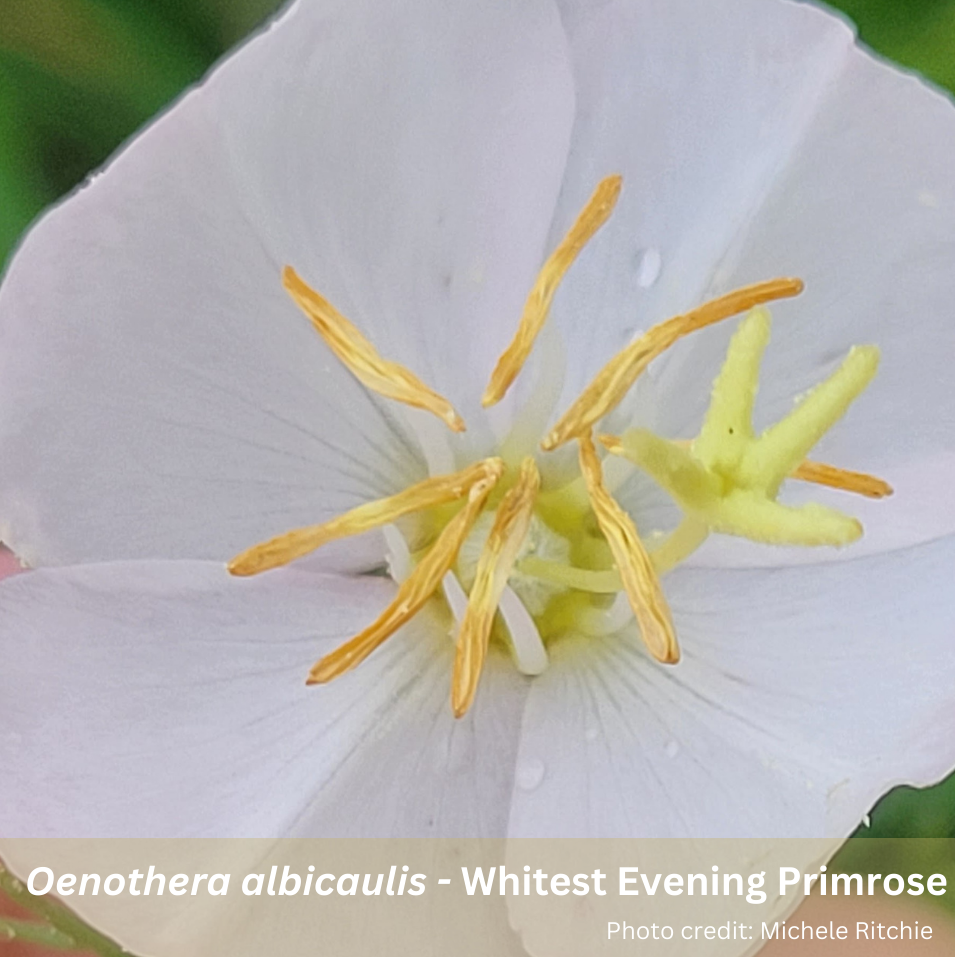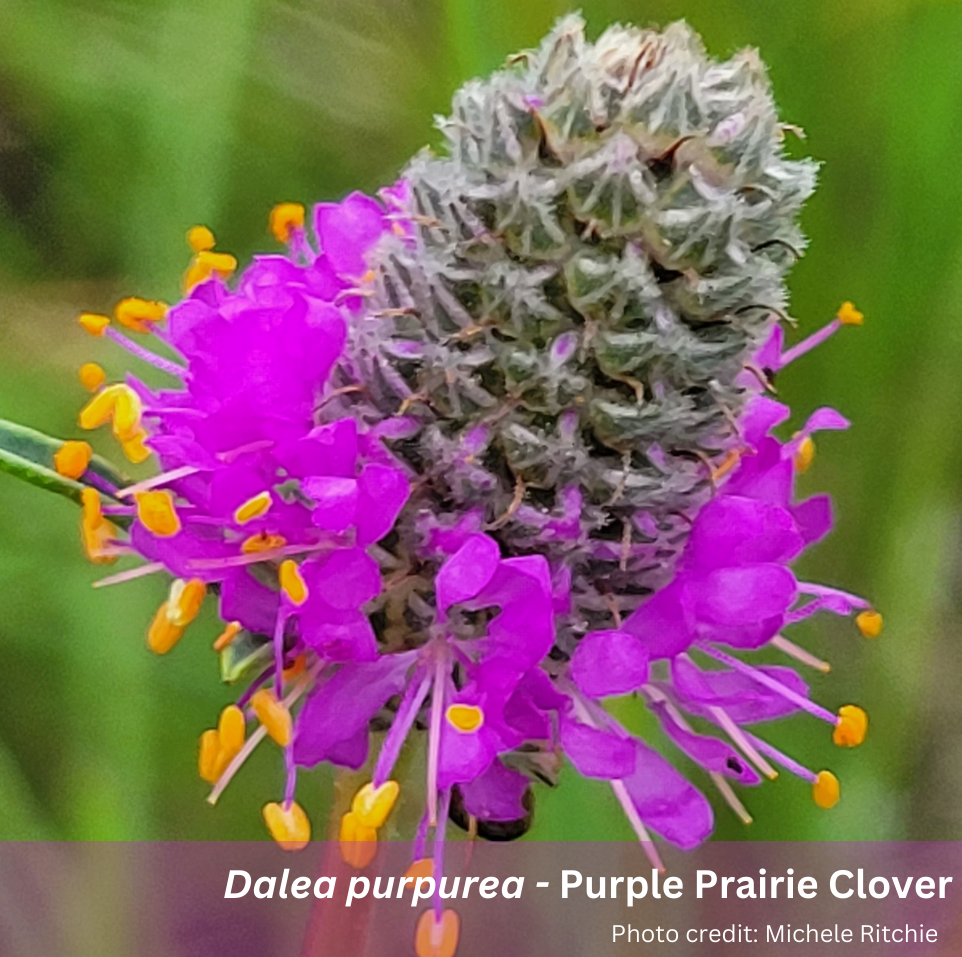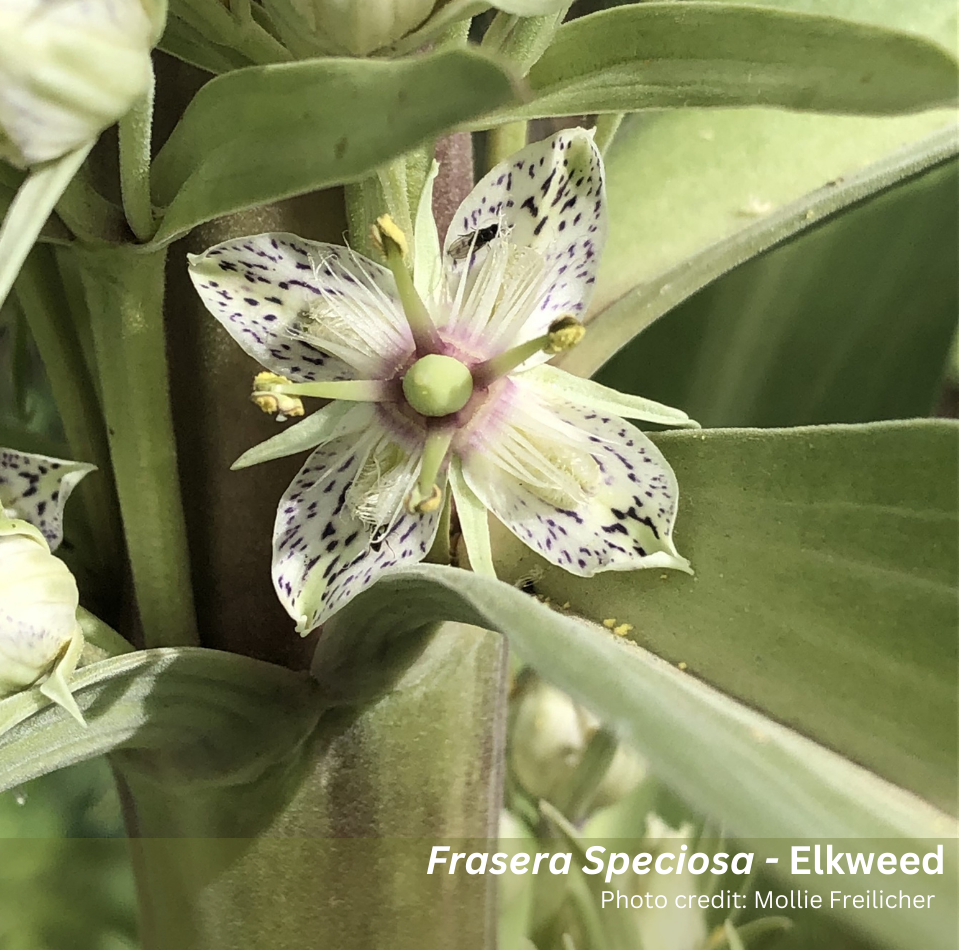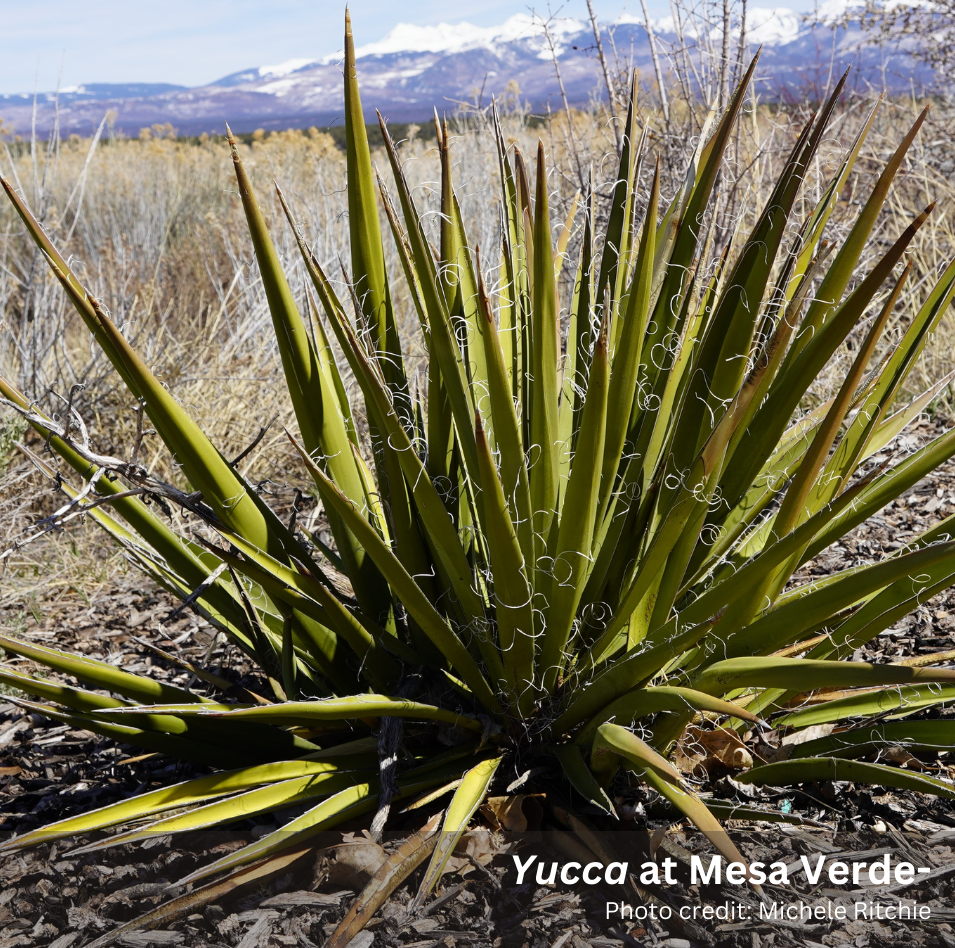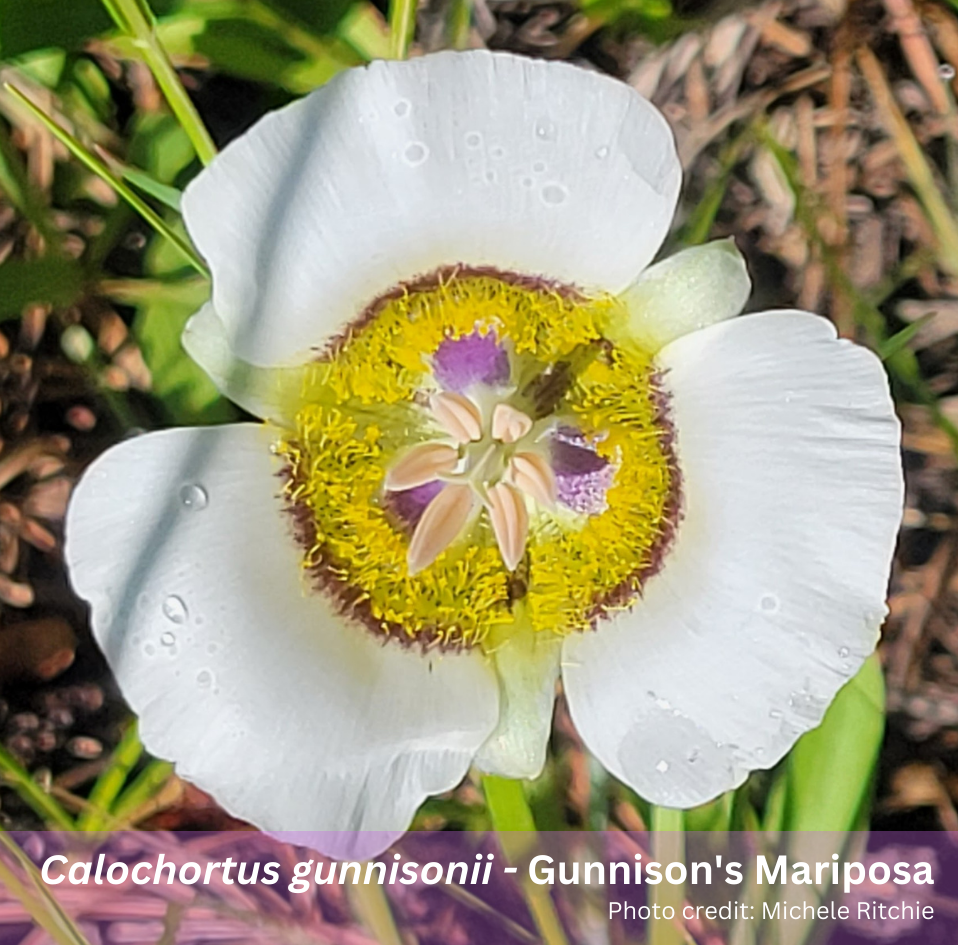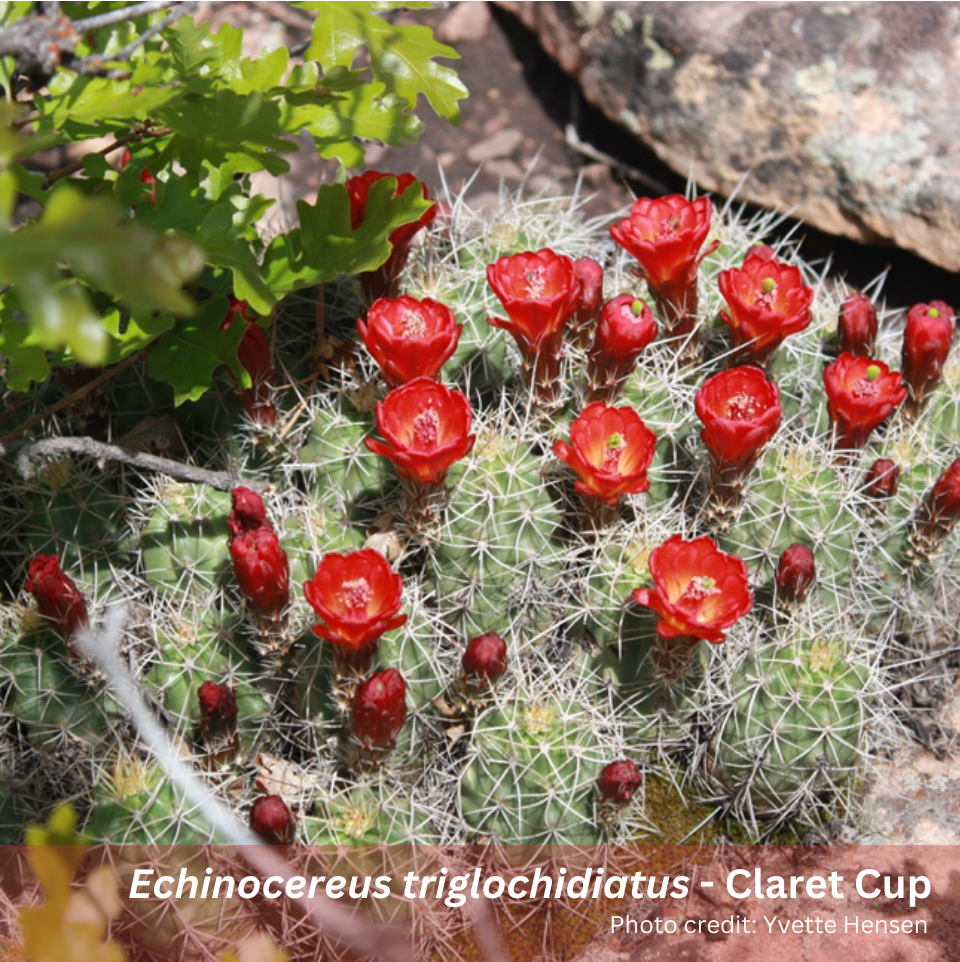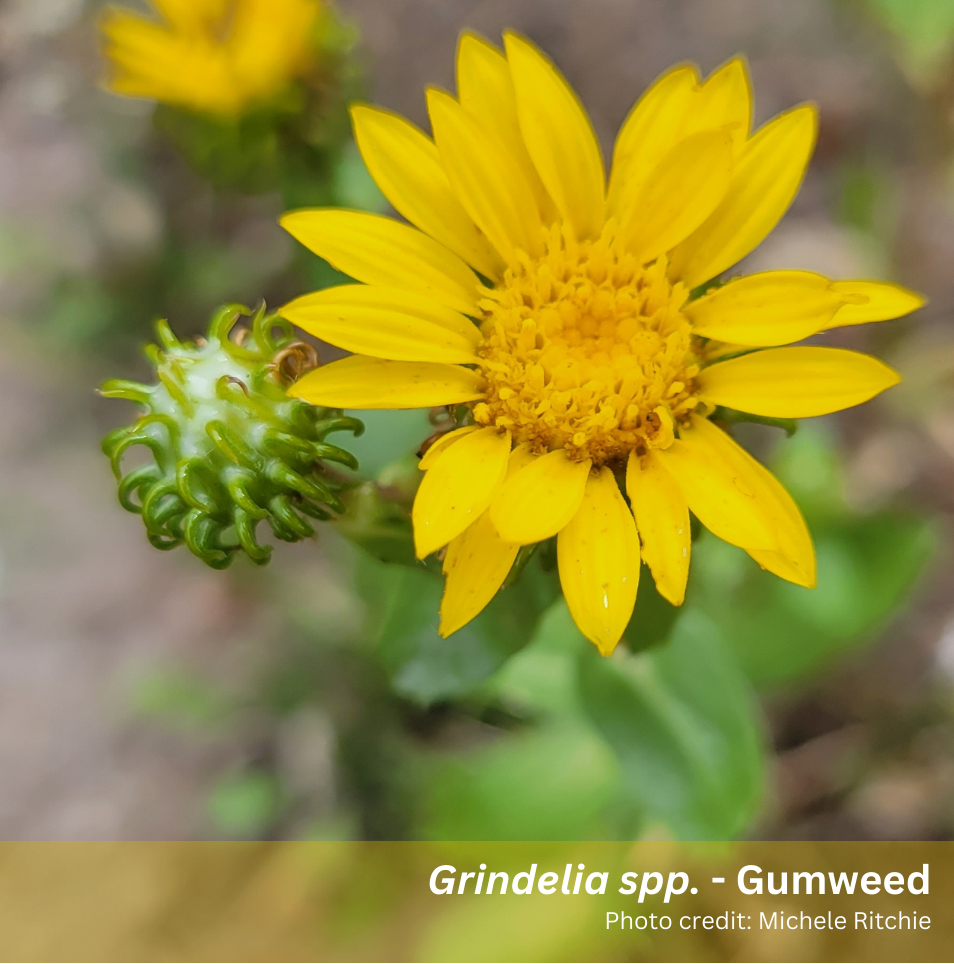About Native Plant Master Classes: Classes are single experience classes, such as wildflower hike or other classes that focus on native plants. They do not fulfill requirements for a Native Plant Master course or lead to a certification.
About Native Plant Master Courses: Courses are usually taught at one location for three mornings over three-week period with a given exam at the last session. During three outdoor field sessions, you will learn common and scientific names, ecological relationships and human uses of 40 – 50 plants. You will also develop skills in using family features and a botanical key to identify plants. Course includes special emphasis on natives useful for landscaping and covers invasive plants that threaten native ecosystems.
Required Textbook for the Field Course:
All class participants must bring Flora of Colorado, 2nd Edition by Jennifer Ackerfield to each class. If this is a financial barrier for you, please check with the County Extension office hosting the class to see if they have a book to loan.
The Native Plant Master Field Courses take place over twelve hours and three sessions. The course will cover more than thirty-five plants, of which nine will be keyed in the field.
Each Field Course session will focus on an educational native plant and ecological topic.
- Session One: Botanical characteristics of plant families and species, identification using a botanical key, scientific names, and stewardship of native plants.
- Session Two: Ecological relationships including non-native species, noxious weeds, and relationships with wildlife, pollinators, other plants, etc.
- Session Three: Written field exam on material from first and second sessions. Human uses, including the use of natives for sustainable landscaping, ethnobotanical and other human uses. Course survey.
Each Field Course will include an exam on the final day. Participants who pass exams from three different Field Courses (covering a variety of life zones or seasons) with a C or better will receive an NPM certificate of completion, signifying they have successfully completed three courses totaling thirty-six hours of class time.
The exam is conducted on the trail where you will be asked to identify living specimens and provide additional information. Participants will have 1.5 hours to complete the exam. Scientific names should be those used in Flora of Colorado, 2nd Edition. The exam is “open book”, therefore spelling of technical terms counts.
To become certified, an NPM participant must take three different courses held in three different life zones (i.e., foothills, plains, or montane) OR held at different times of the year (preferably at different locations) to maximize the diversity of the plants covered. The three courses do not need to be completed in one year.
Find a Native Plant Master Course or Class by the County in Which it is Offered
Certification Requirements
A Native Plant Master (NPM) Certification may be obtained when a student completes three NPM Field Courses. These courses include three sessions and/or twelve hours of instruction. Students will learn more than thirty-five plants, of which nine will be keyed in the field.
Each Field Course session will focus on an educational native plant and ecological topic.
- Session One: Botanical characteristics of plant families and species, identification using a botanical key, scientific names, and stewardship of native plants.
- Session Two: Ecological relationships including non-native species, noxious weeds, and relationships with wildlife, pollinators, other plants, etc.
- Session Three: Written field exam on material from first and second sessions. Human uses, including the use of natives for sustainable landscaping, ethnobotanical and other human uses. Course survey.
Each Field Course will include an exam on the final day. Participants who pass exams from three different Field Courses (covering a variety of life zones or seasons) with a C or better will receive an NPM certificate of completion, signifying they have successfully completed three courses totaling thirty-six hours of class time.
The exam is conducted on the trail where you will be asked to identify living specimens and provide additional information. Participants will have 1.5 hours to complete the exam. Scientific names should be those used in Flora of Colorado, 2nd Edition. The exam is “open book”, therefore spelling of technical terms counts.
To become certified, an NPM participant must take three different courses held in three different life zones (i.e., foothills, plains, or montane) OR held at different times of the year (preferably at different locations) to maximize the diversity of the plants covered. The three courses do not need to be completed in one year.
To become a trainer, a Certified Native Plant Master may apply to become an instructor mentee who will work with an existing instructor to observe and co-teach a small portion of a NPM course. Mentees may become instructors once they have successfully taught one or more NPM courses with a current instructor. Contact your local Extension office to inquire about a trainer application.


